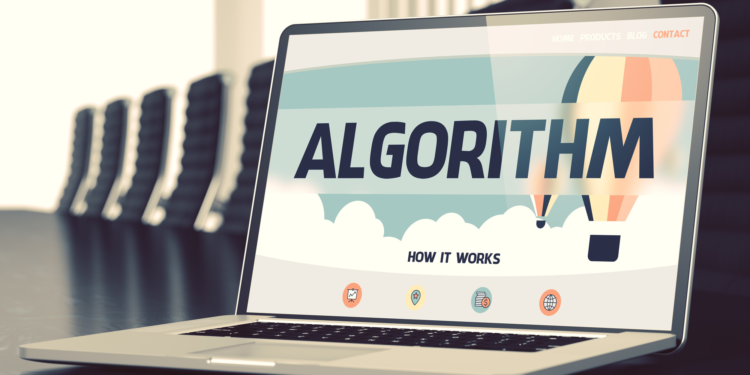Human Nature and The Ideologies behind an Algorithm

It wasn’t until a few years ago that the word algorithm even meant anything to us.
Nowadays, though, human prediction technology is a part of our everyday lives. Social media and internet platforms like Netflix use them to determine how to keep our attention.
The question is: What are the ideologies behind using an algorithm? How accurate is the speculation on behavior? And how are these technologies evolving?
Here’s more information on the ideologies that are driving today’s world.
Algorithms To Capture Attention
You may have heard the term “attention economy” before. That’s how many human analysis experts describe the times we’re going through.
In short, algorithms are designed to figure out exactly how best to keep a user’s attention. Your attention is then bought by competing companies and sold, and you are targeted with advertisements paid for by the highest bidders.
Of course, social media and platforms like Netflix offer a great (and often free) service. Whether or not it’s fair for them to profit off your attention isn’t exactly the argument to be made. It’s more about how much they stand to gain, and the tactics they use to keep you on their platforms so they can sell more ads.
Algorithms To Improve Human Experience
Another ideology of algorithms and human prediction technology is that it helps improve user experience. These computers are designed to figure out what you like and react to, then put more of that in front of your eyes when you’re on them.
Streaming services are a good example. Apps like Netflix and Hulu have a “You May Also Like” suggestion box below every show you’ve completed. They also regularly recommend new content based on your viewing history.
If your kids watch Veggie Tales, for example (you can read more about Veggie Tales here), Netflix recommends shows like The Magic School Bus and Sid The Science Kid.
How Much Is Too Much?
Recent documentaries such as The Social Dilemma shed light on how far big tech is going to create amazing algorithms. Tools once used for improving user experience and generating ad sales are now having wild side effects.
For example, many question how social media could influence the US 2020 election. Politics aside, it’s simply more confusing than ever to know what’s fact and what isn’t when the information on your newsfeed is designed to keep you hooked to the platform for as long as possible.
So, how do you define ideologies in today’s algorithms? Many don’t know what to make of it, although almost everyone can agree it’s the largest shift in culture in a very long time.
Some say it’s solely profit-driven. (Maybe not solely, but it is profitable; Facebook alone brought in nearly $70 billion in 2019 in ad revenue alone.) Others say it’s leading down a slippery slope where artificial intelligence will only become more and more a part of our every day lives.
The Future of Human Prediction
No one can say for certain where human prediction technology will be in a few years. The development has been so rapid that we can only guess.
On the one hand, you could say algorithms today are solely designed to keep attention. Others might say their primary job is to bring in money for the companies that employ them. And some parties are simply afraid of where algorithms could go in the future.
For more posts and up to date news, check out our blog.






